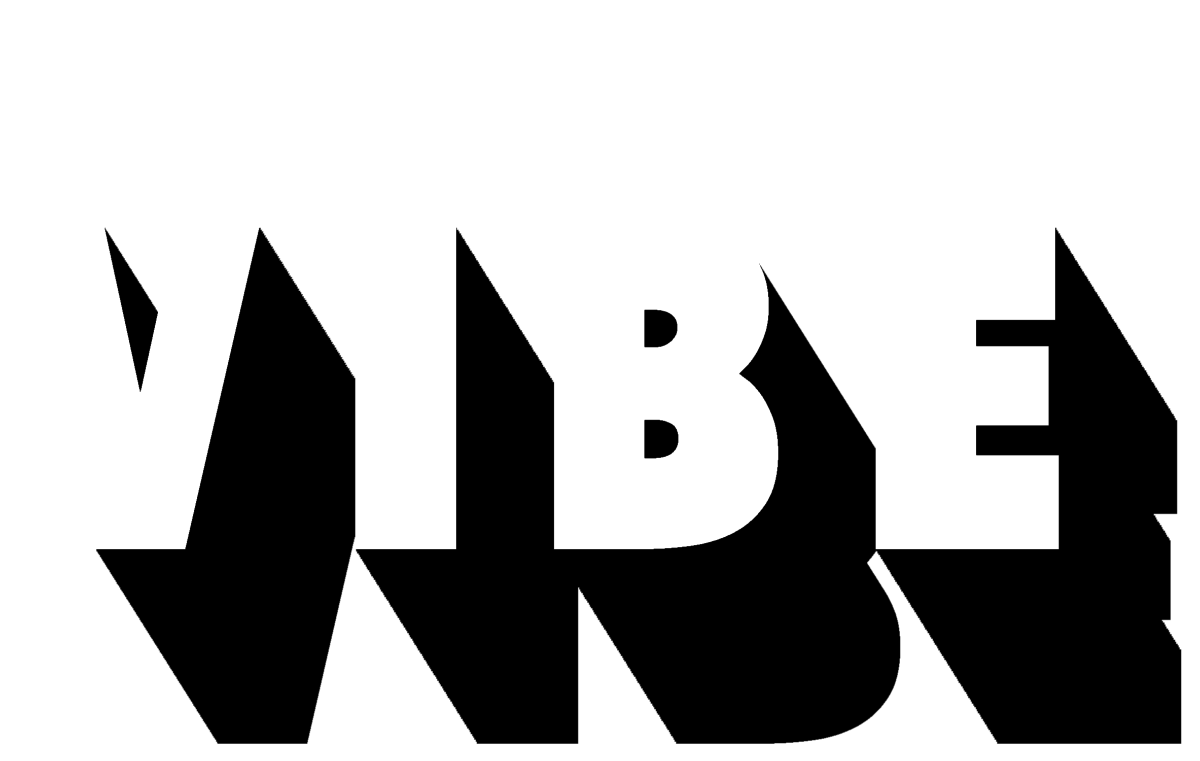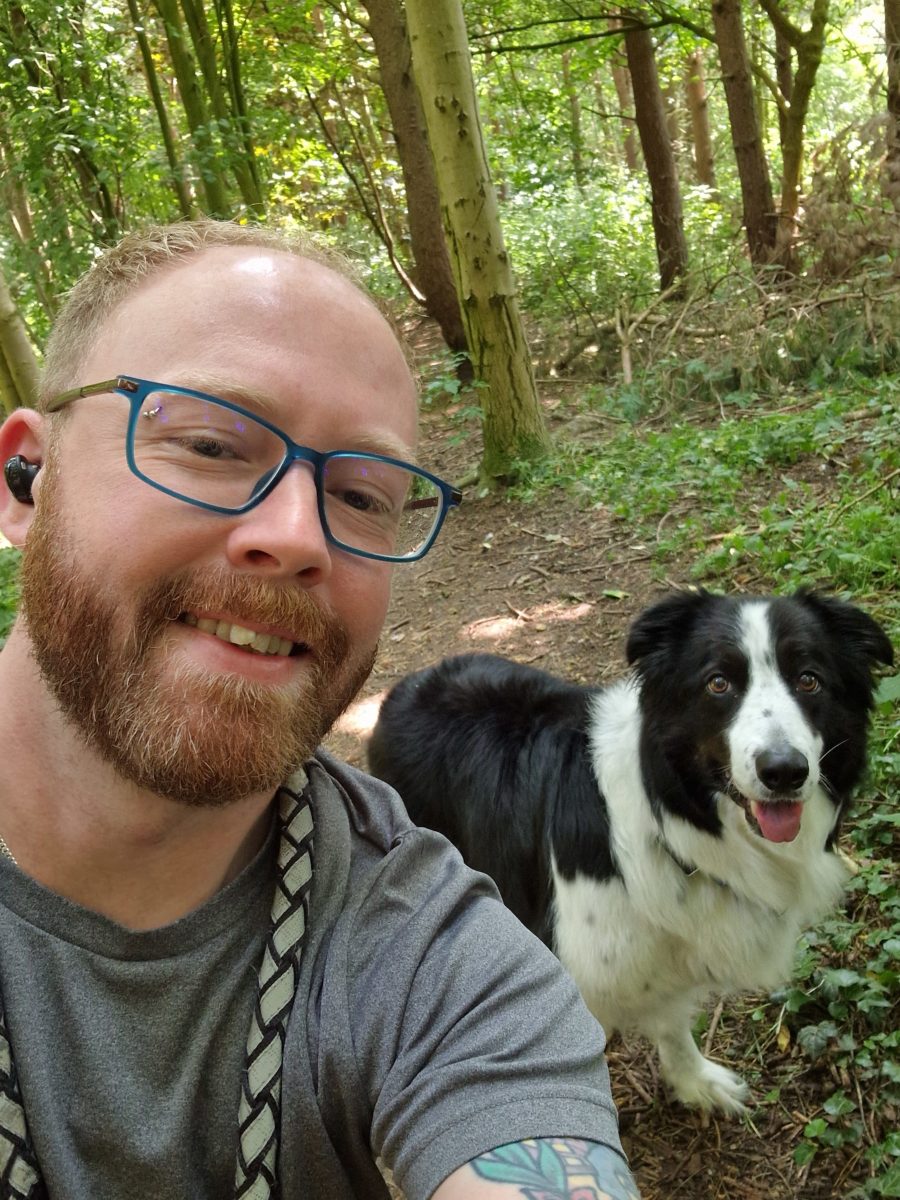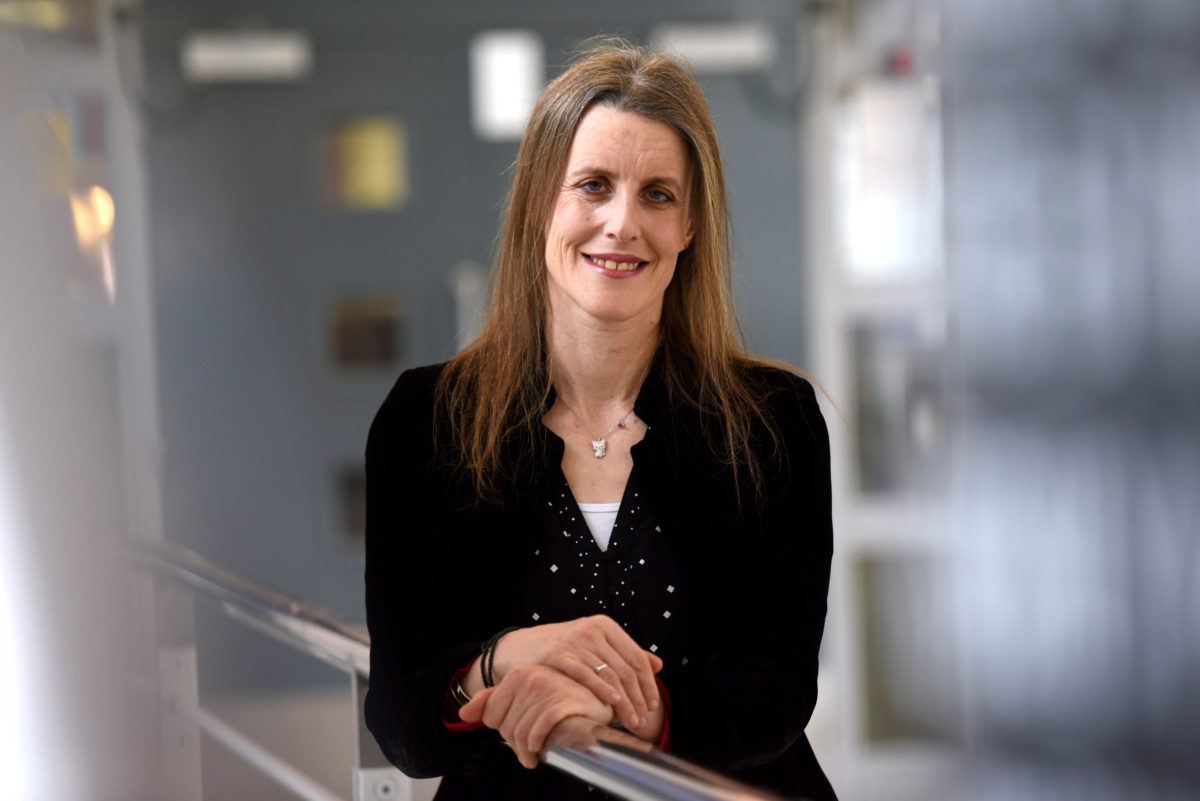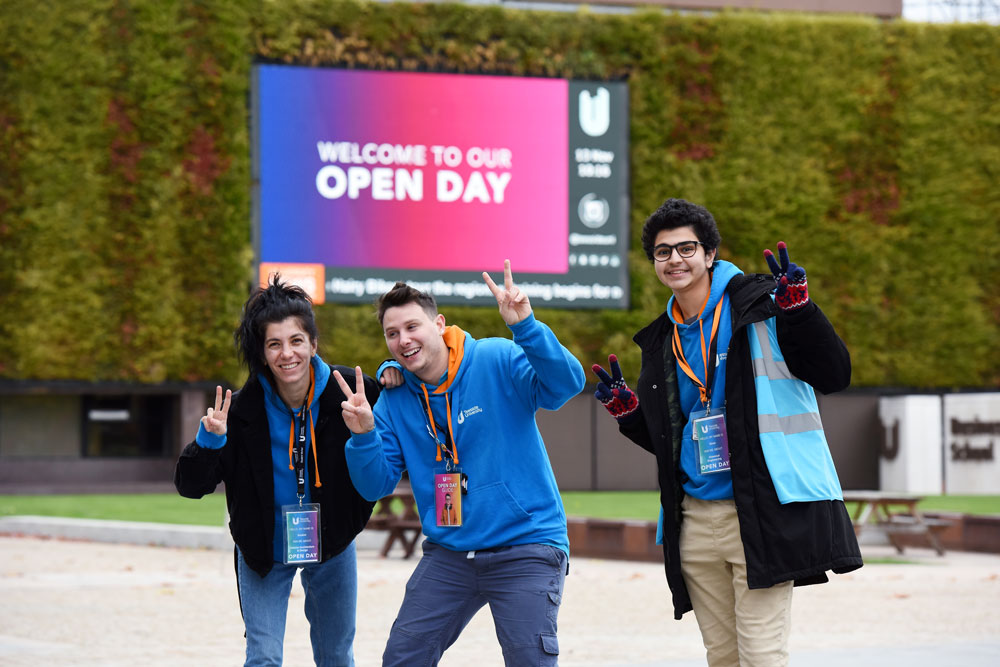Josh Hodgson, Senior Lecturer in Learning Disabilities Nursing, chats with us about what it’s like to be a learning disability nurse and why he chose to get into this area.
What is learning disability nursing?
This role belongs to the wider nursing profession and is one of the only professional groups in the country specifically trained to work with people with a learning disability. We promote the biopsychosocial health and wellbeing of people with a learning disability, reduce health inequalities, and champion rights. After studying BSc (Hons) Nursing Studies (Learning Disabilities) or MSc Nursing Studies (Learning Disabilities) Pre-registration, you become a registered nurse in learning disabilities (RNLD).
Why did you become a learning disability nurse?
I grew up around the field! My mother is a learning disability nurse and I spent a huge portion of my childhood around her friends who were all learning disability nurses. I saw the passion they had for reducing health inequalities, challenging stigma, and being part of a field that makes a difference to people’s lives, so I wanted a piece of the action! When I was 17 and choosing what to study at university, there was no competition in my mind but to embark on this path.
Best part about the role?
The sense of community. You feel so connected to other learning disability nurses. It’s smaller compared to sister fields but you really get a sense of where other RNLDs are, what they’re doing and build up amazing connections – even at a national level. You are part of a community with some of the purest core values and actively contribute to the improvement of people’s health and wellbeing.
Also, the sheer diversity. We essentially go wherever people with a learning disability need us. Working with children with complex health needs or mental health? We’re there. Working in schools with adolescents to promote health outcomes? Also there. Supporting adults to live independently and advocate for better access to GP healthcare? We’re there too. We go right from birth to death, from specialist inpatient services to community. We work in every nursing field because our skillset is desperately needed. We have skills in physical, mental, social and cognitive health and wellbeing, making for an attractive career with almost limitless opportunities.
There’s also a sense that you’re making meaningful distance. The nature of learning disability nursing means you’re actively contributing to breaking down barriers and ensuring access, support or treatment to some of the most vulnerable people in our society. Arguably, learning disability nurses are the key players in improving health outcomes for the people we support or advocate for.
What does a learning disability nurse do?
As a registered nurse, you have the standard education, training, knowledge and skills to take up nursing roles in any setting. Each setting has a different focus, so no two places are the same, but you take on anything from routine nursing duties like medications, health reviews and managing care, right through to coordination, clinical skills like venepuncture or ECGs. You also do more specialist things such as assessing and planning positive behaviour support or supporting transitions out of hospital or to surgery.
What are the job prospects?
You can work in the independent sector, such as charities, in the NHS, or pretty much anywhere there’s a need for a learning disability nurse, including higher education. You have the same progression opportunities as other nursing fields and health professions. For example, an advanced clinical practitioner, nurse prescriber, teacher, specialist practitioner and nurse consultant. There are no limits to progression, whether you’re thinking of clinical specialism, research, management, education or leadership.
What would you tell your younger self about becoming a learning disability nurse?
This was the right move. The things you hoped for in your career, the opportunities, and the hard work it requires will pay off. You’ll work with some unforgettable service-users, have some of the best colleagues, be a valued member of a multidisciplinary team, and be sought after simply because you’re a learning disability nurse.
What are you passionate about in this role?
Valuing lived experience and proper co-production and being in a position to drive practice forward by championing the need to co-create care at every level. I’m also incredibly passionate about inclusion and social justice. I could never wrap my head around the thought of people being excluded or not valued the same as others in society, which is one of the reasons I knew learning disability nursing was for me. Naturally, I developed a passion for challenging discriminatory beliefs and championing rights.
Where do students work when they qualify?
Essentially anywhere people with a learning disability are. For example, specialist learning disability services such as adult inpatient forensics, community CAMHS and respite care. A lot of my students have also gone into general hospital wards as staff nurses, acquired brain injury units, specialist spinal rehabilitation units, and paediatrics. The job-world really is your oyster!
Is being a learning disability nurse easy?
There can be moments which can be physically and emotionally difficult, but the bad always outweighs the good. People joining nursing, and particularly learning disability nursing, get into it because they have a reason to, and this always makes the job worth it during difficult moments.




